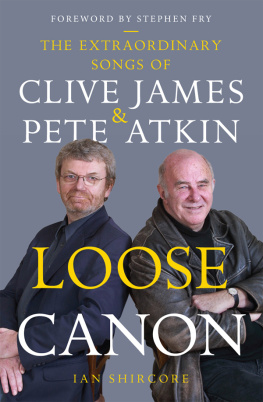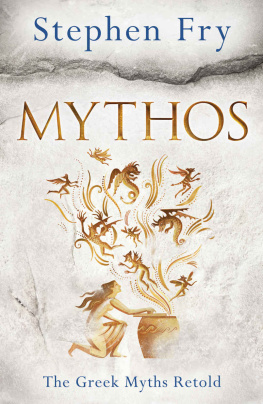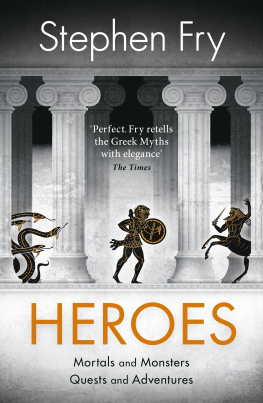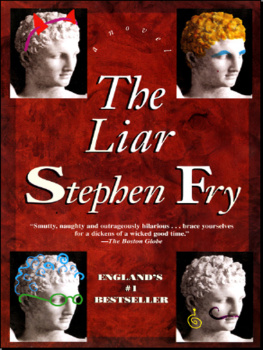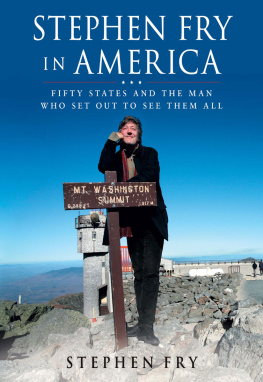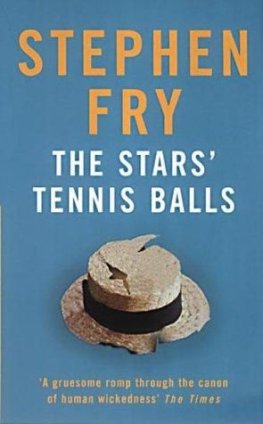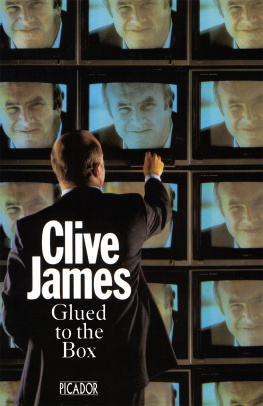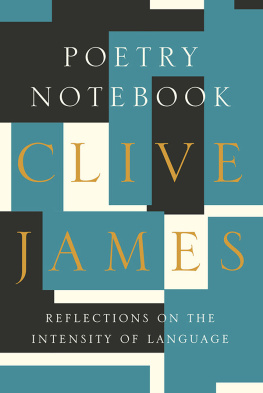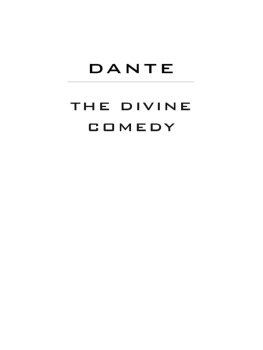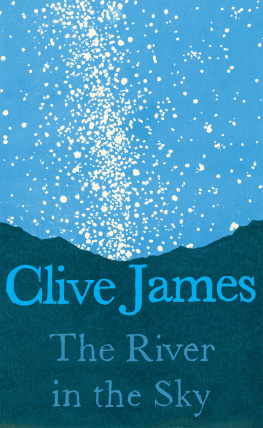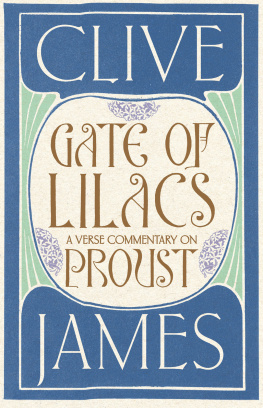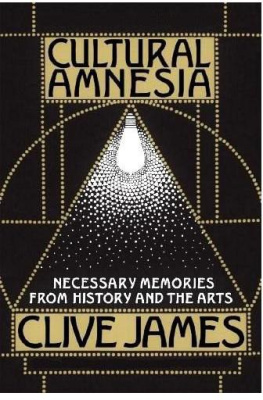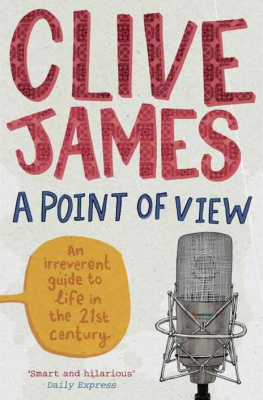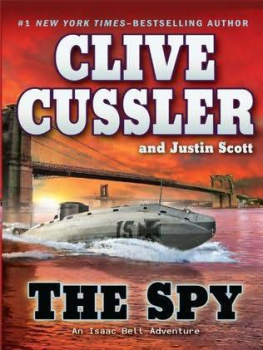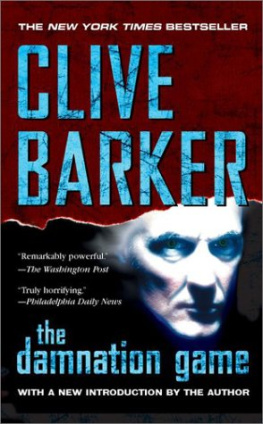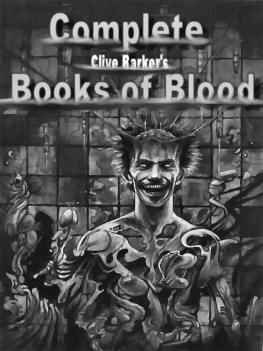Loose Canon
In these wonderful songs timeless, and yet so achingly redolent of a time the tough, smart, tender elegance of Clive James intellect and lyricism found its perfect home in the subtle, graceful arms of Pete Atkins settings
STUART MACONIE
FOREWORD BY STEPHEN FRY
THE EXTRAORDINARY SONGS OF
CLIVE JAMES & PETE ATKIN
LOOSE CANON
IAN SHIRCORE

Published by RedDoor
www.reddoorpublishing.com
2016 Ian Shircore
Every effort has been made to trace copyright holders and to obtain permission for the use of copyright material. The publisher apologises for any errors or omissions. If you believe you are the copyright owner of material used in this book and we have not requested your permission, please contact us so that we can correct any oversight.
The right of Ian Shircore to be identified as author of this Work has been asserted by him/her in accordance with sections 77 and 78 of the Copyright, Designs and Patents Act 1988
ISBN 978-1-912022-66-3
All rights reserved. No part of this publication may be reproduced, stored in a retrieval system, copied in any form or by any means, electronic, mechanical, photocopying, recording or otherwise transmitted without written permission from the author
A CIP catalogue record for this book is available from the British Library
Cover design: Rawshock Design
Typesetting: www.typesetter.org
This ones for Zo and Nick
Contents
Foreword by Stephen Fry
Its appallingly inconsiderate and unforgivably vain of me to have been secretly pleased all my life that Clive James and Pete Atkin never broke into the Big Time.
God knows, they deserved to. No-one British has written consistently better, sharper, sour-sweeter or more original and hauntingly memorable songs over so long and fruitful a partnership. Lennon and McCartney had just seven years of taking dictation from the muse. Atkin and James have spent half a century intermittently turning the ironically melancholic and the ruefully funny (or is it melancholically ironic and funnily rueful? All permutations of the four, I think) into an art form. Those of us who have hugged the secret of this wonderfully gifted pair to ourselves cant help feeling rather special and discerning, and we dont need anyone else to clutter up the premises of our small and select club. Val Doonican threatened to let the cat out of the bag when he recorded The Flowers and the Wine, ultimately with hilarious lack of consequences, as you can read within. And now, finally, the internet age has blown my selfish hopes out of the water. YouTube and the web can now satisfy all your Atkin-James needs, and a good thing too.
Way back when the world was young, a friend of mine lent me a cassette of Beware of the Beautiful Stranger and I instantly became what would be called today a fanboy. It was around this time that the Ella Fitzgerald songbooks were being reissued and lending class to the sound systems of every upmarket cafe, bistro and brasserie in the land. Our generation of sixth-formers and students felt that we were discovering Song, with a capital S, for the first time. There were lieder and there were pop songs, power ballads, disco and dance numbers, two-minute punk assaults and epic rock tracks that took the whole side of an LP to say nothing. But, in between, there had been, since the Jazz Age, Song (and, over the channel, chanson ). What Lorenz Hart, Cole Porter and Irving Berlin perfected in the heyday of Tin Pan Alley, and Jacques Brel in postwar France, astonished me, and still does. But why had no-one British heard the call? Against all of Gershwin, Porter, Kern, Mercer and Rodgers, we might tentatively offer A Nightingale Sang in Berkeley Square and These Foolish Things. And against Trenet, Bart, Ferr and Brel, we can put up, in our defence, Where Do You Go To (My Lovely)?. Classics all three, no question, but rare blooms in the most arid of British deserts.
Paul Hamlyn and EMIs good old MfP (Music for Pleasure) label, and those titans of Easy Listening, Mantovani, James Last and Bert Kaempfert, along with singers like Matt Monro, Engelbert Humperdinck, Shirley Bassey and Tom Jones, kept the songbook alive in Britain. And how cheesy they were considered by the hip. Processed cheese, at that. They were the Berni Inns of music, serving Babycham and prawn cocktails, rounded off with Irish coffee, while the rest of the world indulged in the sexy new fast-food revolution.
Now, of course, we look back and see that Shirley Bassey and Tom Jones rank alongside the great voices of the century. Listen to Shirley sing Climb Every Mountain. She constructs a cathedral in your ears. Meanwhile folk went from briefly hot to terribly cold, without the intervening stage of cool. Worse than cheesy, it was goats cheesy. Despite Ewan MacColl at the political end and Mike Harding at the comic, it rapidly became the mediocre stand-ups stale finger-in-ear-and-nasal-whine joke. Kate Rusby and others in the new Roots Music movement were to revivify the genre twenty-five years later, but all the creative energy of young Britain seemed to be being poured into pop and rock songs which made no real demand on the lyricist at all. If, like Austin Powers, you could say Yeah, baby!, you were in.
So where were the British songwriters to feed our undoubted orchestral and vocal talent, or the singer-songwriters to compare with Brel, Aznavour and Gainsbourg, or even with Dylan and Guthrie (Woody and Arlo)?
What I really wanted was not songs, but Song. Song is led by lyrics. Magnificent as the melodies of I Get a Kick Out Of You, Someone to Watch Over Me and Lets Face the Music and Dance undoubtedly are, more than half of what makes them great disappears when you hear an instrumental-only version.
So when I first listened to that tape of Beware of the Beautiful Stranger (was there ever such a title? No wonder I was immediately captivated), it was at just the right time. I was ready. Without knowing it, I had thirsted to hear British Song for a long time and hadnt really noticed that there wasnt any. Here is no water but only rock and roll, as TS Eliot didnt quite say.
Clive James, of course, was already well known to me from his own writing, from Monty Pythons parodies of him and from his immortal Observer television column. He remains the only great and creative critic of TV that has ever lived. And hes still at it his new collection, Play All, a joyful analysis of the new indoor sport of binge watching, came close to making me actually wet myself. For much of my life, his crinkly grin and yo-yoing cadences were an essential part of British television, gifting us with an array of documentaries and his own brand of light chat in a big studio and heavy colloquy in a small one.
From the Seventies on, an avalanche of published criticism, poetry, commentary and memoir propelled him into the position of a cultural phenomenon: lunch in Notting Hill with Hitchens, Amis, Fenton and Rushdie, afternoon writing an essay on Rilke and a column about Sue Ellen from Dallas , then supper and a show with Margarita Pracatan and Princess Di. If dull old Henry hadnt got to the surname first, the word Jamesian would be used today for Clives kaleidoscopic, cock-eyed and cocky, playful and verbally incandescent, furiously well-read and stunningly well-informed high-, middle- and lowbrow practice.
But, of course, he is clever . And both his homeland and his adopted country have an issue with clever. They dont understand that intelligence is an emotion and that putting something well, extraordinary well, is not, in fact, cheating. Wit does not look down on the dirt of human experience, it penetrates it. Wit is not dishonest; it is quite dreadfully truthful. But the intellectual reach and formidable cerebral equipment of Clive James ( cf Tom Stoppard and Jonathan Miller) have led people to suppose that he cannot do feelings, but only play with them like a cat with a mouse. Those perfect rhymes and gem-like internal bounces and rhythmic shifts surely betray too organised a mind for ordinary love, loss and living. If we are to believe that kind of claptrap, then a Hallmark greeting card is more honest than the sonnets of Donne, whereas, of course, the opposite is true. Sentiment and mush make us wince, not because they are cheap and easy (though they are) but because they lie to us.

